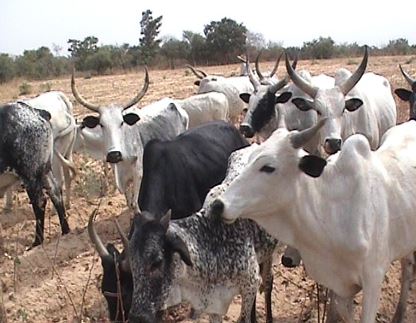The FCT Administration (FCTA) declared on Sunday that there was “no going back” on the restriction placed on the movement of mini buses in some parts of Abuja city centre, with effect from June 3.
This is contained in statement issued in Abuja by Mr Nosike Ogbuenyi, the Special Assistant on Media to the FCT Minister.
The statement said the implementation of the policy allowing high-capacity buses to operate in the city centre and restricting the operations of mini buses, popularly called “Araba”, to the satellite towns would commence on June 3.
It said that under the new policy, the high capacity buses would replace mini buses in routes such as Nyanya through AYA to Eagle Square/Wuse Market.
The high-capacity buses will also operate from Giri Junction through Airport Road to City Centre; Zuba Junction through ONEX (Outer Northern Expressway) to the city centre and Ring Road One circulation, connecting Wuse Market and Eagle Square and other routes.
The mini-buses will henceforth not be allowed to operate in routes such as Gudu Market Junction through Ahmadu Bello Way to Gwarimpa, as well as Shehu Shagari Way through Federal Secretariat to Ring Road 1 Junction.
Other no-go areas for the mini-buses include Area 1/Area 3 through Moshood Abiola Way/Tafawa Balewa Way, Herbert Macaulay Way to Utako and Jabi, as well as Jabi through Ring Road 2, Galadimawa Junction to Apo mechanic village.
The statement said that at each of these routes, the FCTA had provided service terminals at the beginning, end and intermediate locations for high-capacity buses and taxis.
It added that the new policy also restricted the operations of tricycles to designated housing estates and satellite towns.
The statement said that the FCT Minister, Sen. Bala Mohammed, had directed the high-capacity buses to move people in large numbers, while reducing the time spent in traffic.
It said that the minister listed some of the benefits of the high-capacity buses as cheap fares, enhanced passenger comfort and security, identification of transport operators and companies via biometrics data capturing.
Other benefits include the promotion of healthy competition among operators; reduction of road traffic accidents and transport-related crimes and criminality.
The statement said that the new policy would promote the evolution of new driving culture and motorists’ attitudinal change in the FCT, while creating employment opportunities for professional drivers and ensuring smoother movement of goods and services within the FCT.
It said that the minister, nonetheless, solicited the cooperation of all the residents to enable the policy to work. (NAN)



